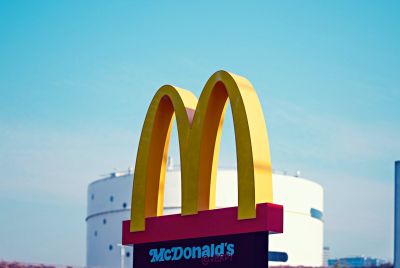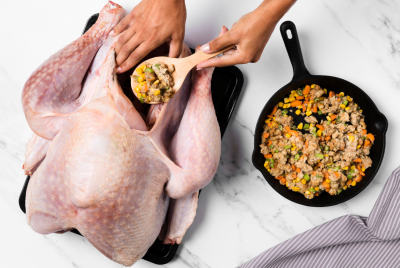Petrol prices rose in July amidst soaring oil costs and market tensions
The latest data from RAC indicates a sharp increase in the average price for a litre of unleaded petrol, reaching 145p, while diesel prices remain steady at 146p.

In line with the latest data from Royal Automobile Club (RAC) figures, the average price for a litre of unleaded petrol has edged up to £1.45, up a cent since the beginning of the month and approximately 2p since the beginning of June.
Petrol prices rose in July amidst soaring oil costs and market tensions
The increase is largely due to a sharp 6p per litre increase in the wholesale price of petrol on July 19, triggered by higher oil prices. Retailers fast passed this increase to drivers as the average price increased by nearly 2p in that period.
Diesel, on the other hand, stayed constant at £1.46, marking an end of an eight-month downward trend. For a 55-litre family car, a full tank of fuel will now cost drivers around £80, with diesel coming in slightly higher at £80.21, and petrol at £79.75.
In July, oil prices increased by $10 per barrel, reaching $85.56 by the end of the month, a level not seen since mid-April. As a direct consequence, the wholesale price of both unleaded fuel and diesel has risen by 7p and roughly 9.5p respectively.
An ongoing investigation by the Competition and Markets Authority (CMA) in the road fuel market has unveiled evidence pointing out that supermarkets are increasing their margins. Consequently, this price hike is already cutting into retailer profits, prompting the RAC to closely observe how pump prices will evolve. Something of particular interest is whether supermarkets will maintain reduced margins that align with longer-term averages or choose to make higher profits per litre.
Simon Williams, RAC's spokesperson, stressed the urgency of the situation, stating: "The big question now is how quickly and how far pump prices rise."
Williams expressed hope that the prices do not skyrocket, since it would suggest that the CMA's gasoline market probe findings and recommendations did not have an immediate impact. So far, there has been little upward movement from the top four supermarkets, which is encouraging, but only time will tell, he added.
Northern Ireland bucked the national trend to have significantly cheaper petrol and diesel, according to the RAC data, despite price increases of 1p and 3p, respectively. Unleaded price is 4p below the UK average (£2.20 per tank), while diesel is about 5p less (£2.75 per tank).
Commenting on this regional discrepancy, Williams observed that drivers on the side of the Irish Sea are still losing out. He further said if and when the two sets of prices finally come together, it is expected that it will be due to lower forecourt prices in the rest of the UK.
Earlier, the CMA proposed significant measures to boost competition in the fuel industry. These include introducing a new fuel finder scheme that would provide drivers with live, station-by-station fuel prices on their phones or sat navs, as well as new mandatory open data standards and a "fuel monitor" oversight body. This will enable the drivers to choose from a range of options.
According to CMA's investigation, Asda, which had been "feathering" its pump prices as wholesale prices fell, began displaying current pricing online this week.
Williams of the RAC voiced his scepticism about the impact of the move. He said: "While it's good to see supermarkets start to publish their pump prices, we don't believe displaying them on websites will suddenly make retailers start charging fairer prices, particularly as free mobile apps such as myRAC can actually compare prices among all fuel retailers – large and small – wherever they are in the country."
He mentioned the need for real competition, as it is essential, and it is currently lacking in some places except in Northern Ireland, where fuel is more than 4p per litre cheaper than in the rest of the UK.
Williams stressed that it's unlikely that a real change will happen soon until an official price monitoring body, that has the authority, find companies that fail to reflect significant downward wholesale market movements on their forecourts, as recommended by the CMA.
© Copyright IBTimes 2025. All rights reserved.






















